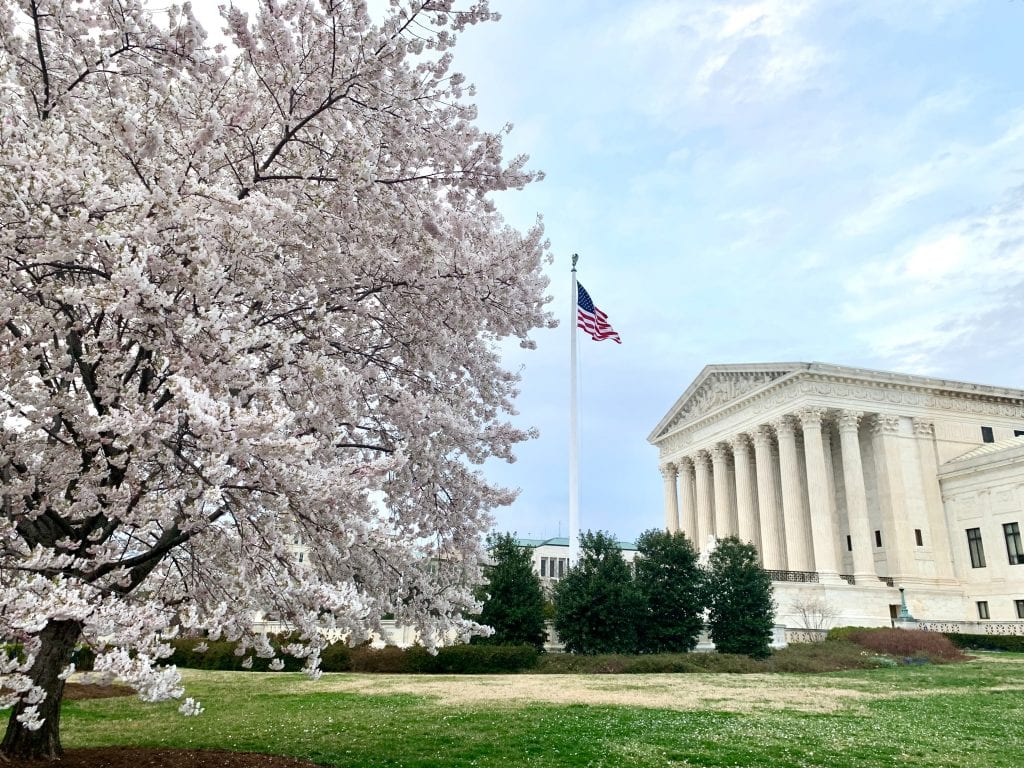A “Bivens Claim” is a lawsuit brought against federal government officials. In the lawsuit, the plaintiff alleges that an official violated his or her federal constitutional rights and seeks money damages.
To bring a Bivens Claim, a plaintiff must usually make two allegations:
- the defendant, usually a government official, acted under federal authority and
- the action deprived the plaintiff of a right that exists in the U.S. Constitution.
What does a Bivens Claim usually look like?
The name “Bivens Claim” comes from a 1971 case called Bivens v. Six Unknown Fed. Narcotics Agents. That case arose out of an illegal search and arrest conducted by the Federal Bureau of Narcotics.
In the mid-60s, Federal Bureau of Narcotics agents entered the a family’s apartment without a warrant and searched the home. During the search, the federal agents arrested a man in front of his wife and children on narcotics charges and even conducted a strip search.
The man contended that the officers didn’t have probable cause to allow the search. Therefore, he claimed, it violated his Fourth Amendment rights that prohibit the government from conducing unreasonable searches and seizures. He ask for $15,000 in damages.

The issue before the Supreme Court was whether a violation of someone’s Fourth Amendment rights gives rise to a lawsuit. The lower courts held that it did not.
As a result, federal agents who violate your constitutional rights wouldn’t face any consequences. The only thing that would happen is that prosecutors could not use the illegally obtained evidence in the case.
The Supreme Court disagreed. It ruled that Americans could sue government officials who violate their constitutional rights and hold them accountable. The only catch was that you had to be able to prove actual damages to win the lawsuit.
Is it hard to win on a Bivens claim in court?
As a result of Bivens, Americans have relied on their ability to file lawsuits against government officials who violate their rights. But, especially with the judge-created concept of qualified immunity, Bivens claims rarely succeed.
And, making matters worse, the Supreme Court has issued a variety of decisions lately that have made Bivens claims even harder. In a recent decision in a case called Egbert v Boule, the Court’s 6-3 Republican majority didn’t allow an American to pursue a Bivens claim in a situation almost identical to the one in Bivens.
As Peter J. Tomasek predicted for Interrogating Justice, the Supreme Court did not allow a Bivens claim in a case alleging a violation of Miranda rights (rights based on the Fifth Amendment) either. This comes from another decision from the 6-3 Republican majority in a case called Vega v Tekoh.

The Takeaway:
A Bivens Claim is the kind of lawsuit you bring when a federal official violates your constitutional rights. When federal agents illegally search your home and arrest you in violation of the Fourth Amendment, for example, you can file a Bivens Claim. But recent Supreme Court decisions have narrowed these lawsuits a lot.






